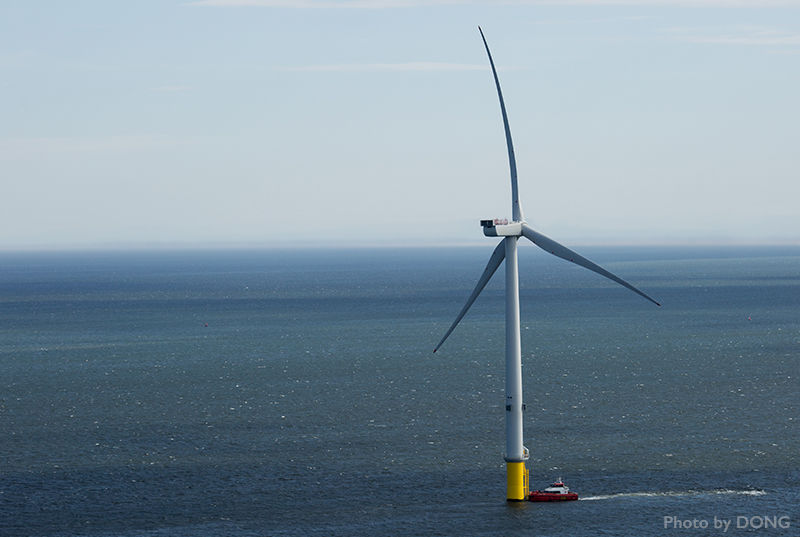Why countries run or walk toward a fossil-free world

Enlarge (credit: Dong Energy)
The 1970s oil crisis, and how the countries impacted by it responded, has several lessons for modern countries looking to transition to renewables, according to the authors of a new paper. In 1973, the Arab countries in the Organization of Petroleum Exporting Countries (OPEC), stopped exporting oil to nations that supported Israel in the Yom Kippur War. The results saw oil shortages and prices in many nations-including parts of Europe, the United States, and Canada-skyrocket. In response, some began moving toward renewables.
However, there's a political price to be paid for adopting policies that transition away from fossil fuels. These policies can be costly in the short term, prompting businesses and consumers to push back on them. Some nations-often in Europe-had advantageous political features or adopted tactics that softened the political blow, allowing them to move forward with these efforts. Others, such as the US and Canada, floundered. New research looked at OECD nations' responses to the oil crisis and dug into the political reasons why these responses differed.
"We are... interested in trying to understand when a country's policymakers are able to overcome opposition to [these] costly policies for businesses and households," Jonas Meckling, an associate professor of energy and environmental policy at the University of California, Berkeley, and an author of the paper, told Ars.